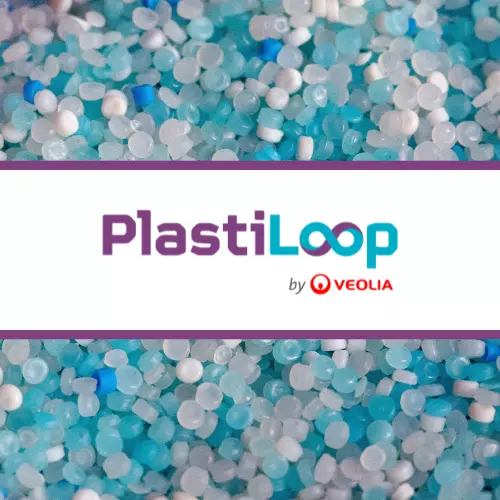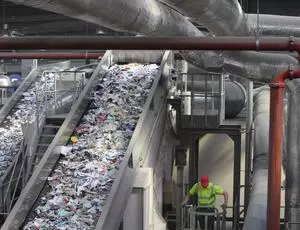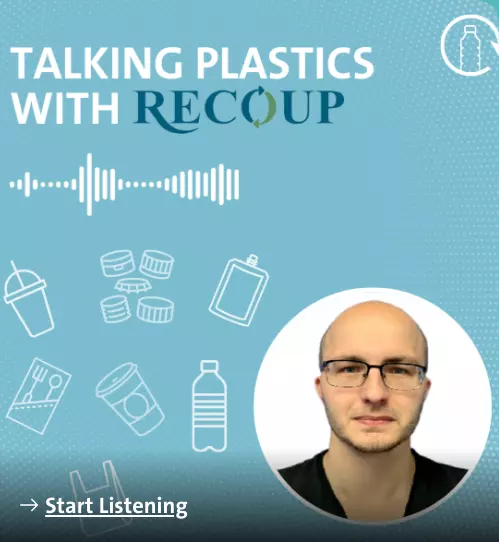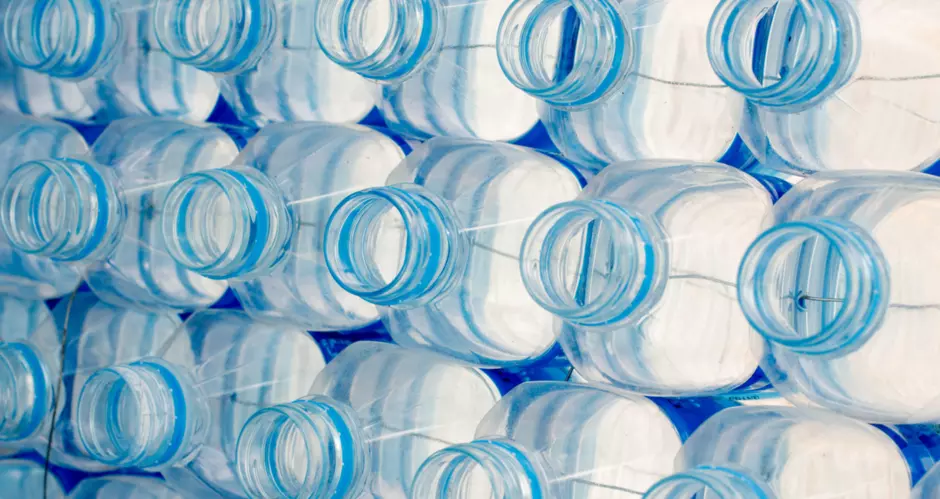Recycled plastics are part of the solution to ecologcial transformation, yet many people and businesses still have their reservations.
In the UK, 5 million tonnes of plastic is used every year and currently, only a quarter of it is recycled. Producing and incinerating plastic is energy-intensive, and contributes to 3.4% of the globe's greenhouse gases. Reducing, reusing and recycling plastics is imperative to achieving ecological transformation.
However, despite this, many people have reservations surrounding using recycled materials in their industry. We have chosen 5 common misconceptions about recycled plastics and provided some top-level answers to better the understanding around them.
Myth #1. "Plastics are difficult to recycle for reuse"
Plastics are made up of several polymer types, which makes them difficult to recycle as each would require a different method to break down into recyclable forms. At Veolia, we have specialist centres with state-of-the-art technologies that are able to separate polymers. In short, plastics are shredded into flakes and then produces a homogeneous mixture that undergoes a series of separation processes, allowing the categorisation of each polymer.
So whilst plastics are difficult to recycle for reuse, with the right tools and expertise, they can be pretty efficient.
Myth #2. "They require the same amount of energy to produce"
Recycled plastics require 75% less energy than producing new virgin polymers. They also reduce CO2 emissions by 60%, meaning your carbon footprint is significantly reduced when you implement recycled plastics into your products and processes.
Myth #3. "Recycled plastics aren’t as good quality"
The polymers used in recycled plastics are the same polymers as the once virgin plastic item. The separation processes discussed earlier ensure the polymers keep their desirable properties to create new products of the same quality and standards, including even the highest standards of food-grade plastics.
Myth #4. "There is a limited application for recycled plastics"
Plastic is a versatile material, and that doesn’t change for when it has been recycled correctly. As mentioned above, plastics are composed of several polymers and you wouldn’t use the same combinations for a garden chair, for example, as you would a drinks bottle. For each use case, there will be a specific recipe that needs to be created so that the end product will be suitable for its intended purpose. In fact, our PlastiLoop service, which produces tailored, circular polymers, caters for a variety of industries including automotive, textiles and even agriculture.
Myth #5. "Customers don’t care"
Actually, according to the global Buying Green report by Trivium, 67% of consumers believe it is important that the products they buy are in recyclable packaging, with 55% associating plastic as “harmful”. 83% of consumers of the younger generation even showed a willingness to spend more on recyclable packaging.
Consumer attitudes are changing. The climate crisis is evident and consumers want to be a part of the solution.
There has never been a better time to start using recycled plastics. There is opportunity in the markets and the recycling industry is taking innovation by storm producing durable, reliable and fit-for-purpose products tailored to your specific needs.
Want to find out more? Visit PlastiLoop to find out more about our recycled polymer offering.
-Further Reading-
Veolia accelerates in circular economy with PlastiLoop, the new worldwide offer for recycled plastics
Veolia launches its new PlastiLoop offer at this year’s K 2022, the World’s No.1 Trade Fair for Plastics and Rubber, held in Düsseldorf, Germany.
The Times investigates what happens to plastics at our Dagenham facility
'Where does our plastic go?' The Times journalist Ben Cooke set out to answer this enduring question recently, and visited our plastics recycling facility in Dagenham to find out more about our closed-loop recycling process.
Talking plastics with RECOUP
What has been the Impact of the Plastic Packaging Tax? In our first episode of 'Ask The Expert', we find out more about the Plastic Packaging Tax, and its impact on businesses.






